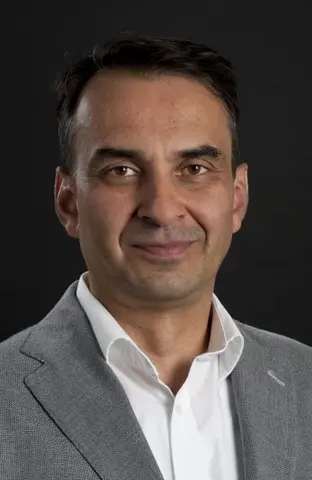Prof. Dr. Kiran Klaus Patel
kiran.patel@uni-erfurt.deDistinguished Fellow (Max Weber Centre for Advanced Cultural and Social Studies)
Visiting address
Max-Weber-Kolleg für kultur- und sozialwissenschaftliche Studien
Campus
Nordhäuser Str. 63
99089 Erfurt
Mailing address
Universität Erfurt
Max-Weber-Kolleg für kultur- und sozialwissenschaftliche Studien
Postfach 90 02 21
99105 Erfurt

Personal Information
Kiran Klaus Patel joins the Max Weber Kolleg during the winter term 2021/22 as Distinguished Fellow. He holds the chair of European history at Ludwig Maximilian University Munich where he also serves as the founding director of Project House Europe, LMU’s center for interdisciplinary research on the history of contemporary Europe. Before joining LMU, he held professorships at Maastricht University (2011-2019) and the European University Institute in Florence, Italy (2007-2011), and an assistant professorship at Humboldt University in Berlin (2002-2007). He has been (inter alia) a visiting fellow/professor at the Ecole des Hautes Etudes en Science Sociales in Paris, the Free University of Berlin, Freiburg University, Harvard University, the London School of Economics, Sciences Po in Paris and the University of Oxford. His latest publications include: Project Europe: A History (Cambridge: Cambridge University Press, 2020) (German version: Beck, 2018); The New Deal: A Global History (Princeton: Princeton University Press, 2016) (Italian version: Einaudi, 2018); European Integration and the Atlantic Community in the 1980s (New York: Cambridge University Press, 2013; ed. with Kenneth Weisbrode); The Historical Foundations of EU Competition Law (Oxford: Oxford University Press, 2013; ed. with Heike Schweitzer).
Research Project
This project examines the role of face-to-face interaction in (contemporary) history as an issue long ignored by historians of this period. The project combines a theoretical with an empirical interest. It aims at developing a concept of interaction regimes and at applying it to core issues in the history of the 19th, 20th, and 21st centuries.

